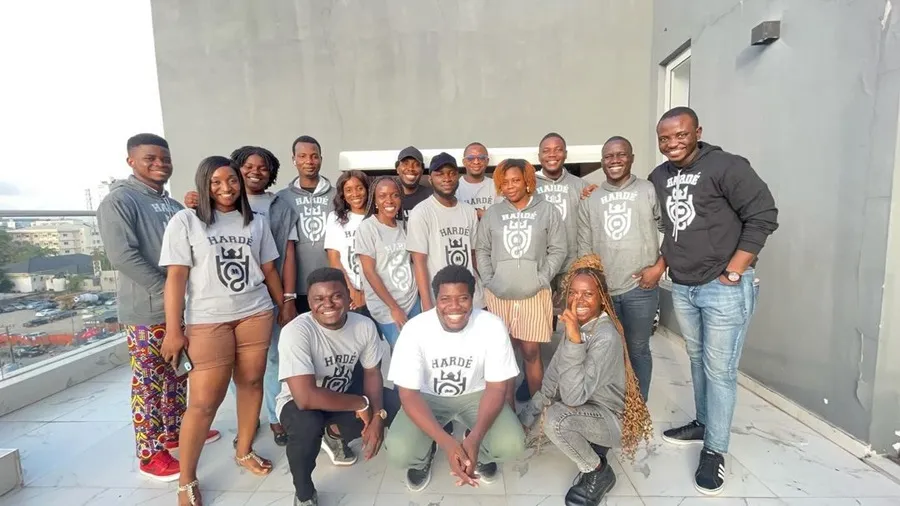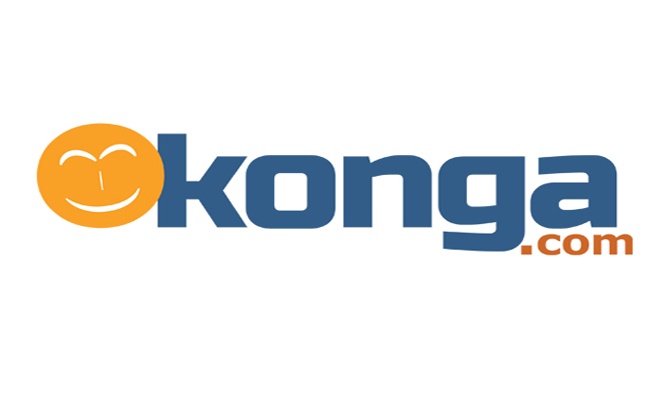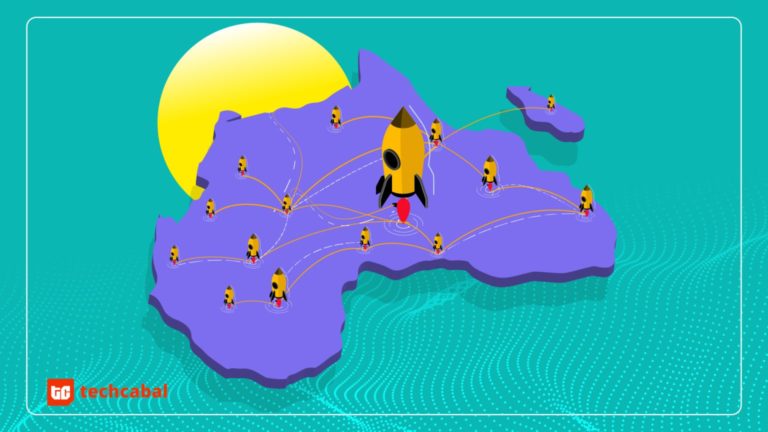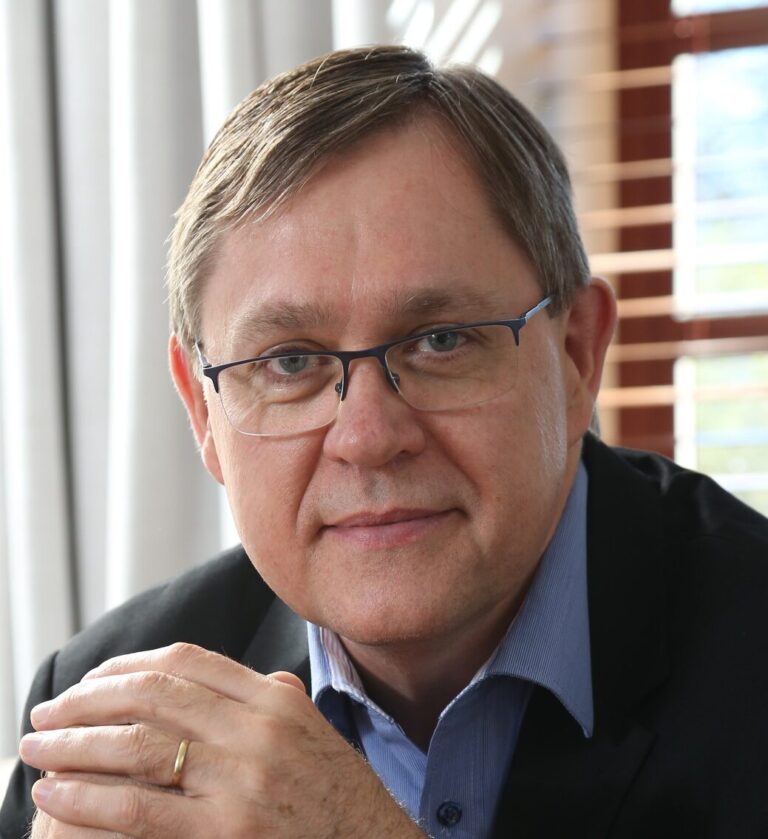Nigeria’s Harde Business School is launching an online open university for Africa.

Nigerian ed-tech firm Harde Business School is constructing an online open university with the goal of giving students throughout Africa a learning environment akin to a master’s degree.
Harde Business School was established in January 2021 with the goal of addressing educational issues in Nigeria and beyond Africa.
The co-founder and COO of the startup, Dami Oguntunde, stated, “These challenges include limited admission capacity across all tertiary institutions, a curriculum disconnected from industry needs leading to increasing unemployment rates, and inconsistent university calendars due to frequent strikes by unions.”
Hardeverse, the company’s main offering, is an online application learning management system. Its programs are broken down into three categories: expert-led courses, micro-courses, and the Harde MBA, which takes 15–18 months to finish on average.
Only 600,000 of the two million students who take the JAMB exam each year are accepted into Nigeria’s traditional postsecondary institutions, such as polytechnics and colleges of education, according to observations made by Oguntunde.
“The main causes of this are the inadequate infrastructure and the restricted admission capacity. As a result, more than 70% of students lose their rights and are unable to get a top-notch postsecondary education. Every year, this amount increases.
The Harde team reasoned that because young Nigerians had a relatively high internet penetration rate, it would be possible to take advantage of the internet’s widespread use to offer high-quality, reasonably priced online education.
“Also, we saw the gap in the quality of curriculum being delivered in the universities, evidenced by the unemployment rate. While jobs abound, the graduates being churned by the tertiary education system aren’t as equipped to compete for the available roles. This also informed the improvement of our learning delivery methodology and pedagogy to align with global industry standards and to achieve more sustainable and qualitative learning outcomes,” said Oguntunde.
Because of its wide range of offerings, Harde competes locally with institutions like Nexford, Unicaf, and AltSchool; globally, however, Coursera is a benchmark MOOC that provides the majority of its products.
“Yet, none of these platforms provide courses on soft skills and proficiency using the gamified and interactive methodology used by Harde,” stated Oguntunde.
The business is still in its early stage and is presently supported by a combination of institutional and individual investors. Despite this, the site had over 35,000 learners within the first 18 months of its launch.
The majority of those students are located in Nigeria, but according to Oguntunde, Harde also has a “minimal” presence in Kenya, Ghana, Zambia, the US, and the UK.
Within the following 12 months, he stated, “the goal is to expand into other regions within Sub-Saharan Africa.”
In addition to earning revenue from businesses on a B2B and B2G basis, Harde charges students a fee to access courses and download certifications via the platform. Although the company’s revenues are respectable, it is not yet profitable.
According to Oguntunde, “product development takes a little while.” For a more effective product deployment cycle, we want to optimize our tech infrastructure and content creation schedule. We also intend to release the Hardeverse app on mobile devices before the year is over. This, in our opinion, will increase our market penetration and traction.






